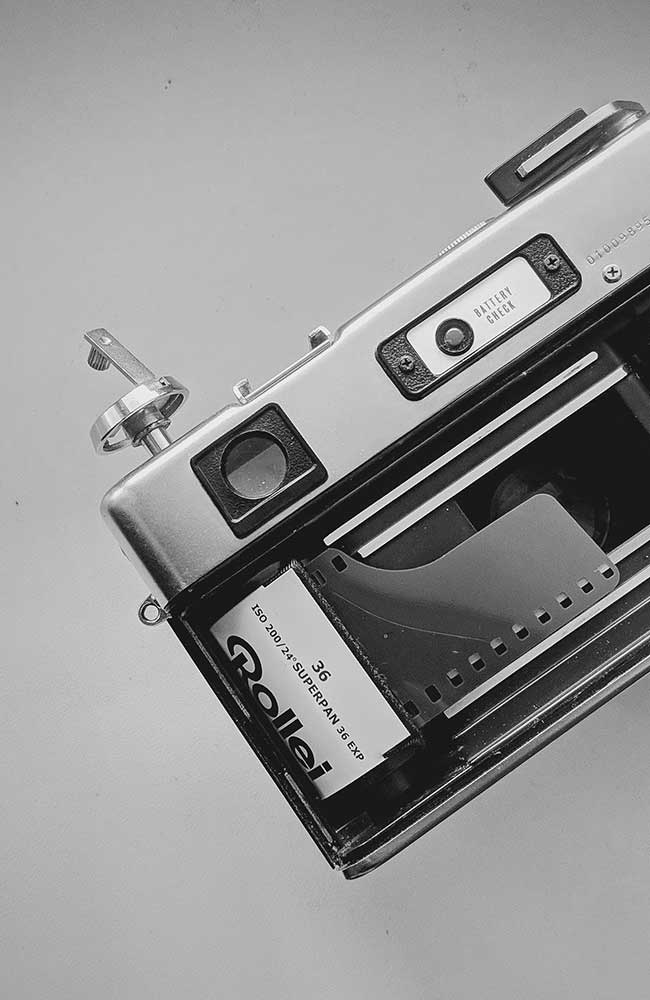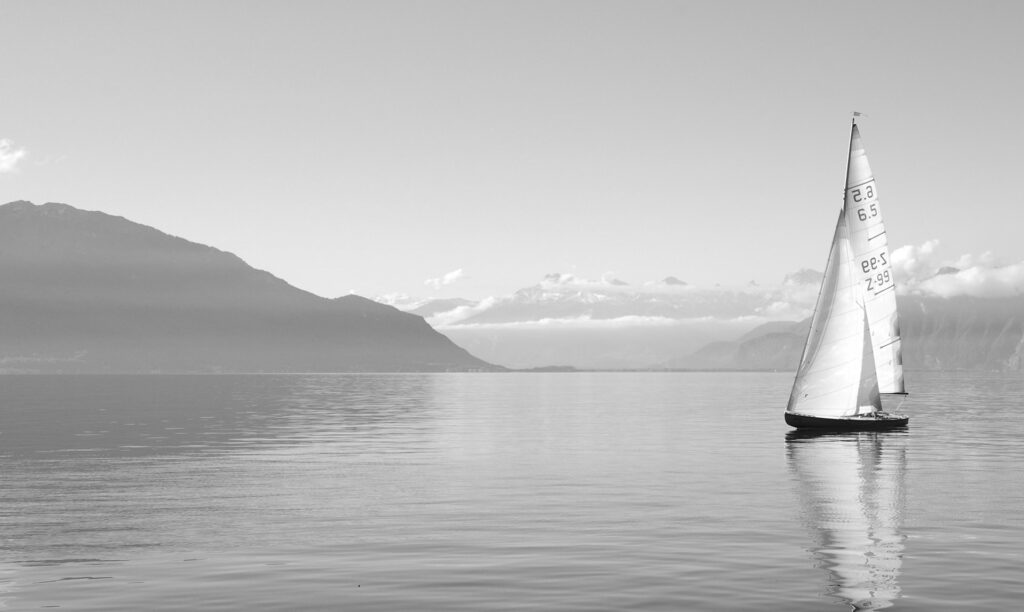Camping Gear Essentials for Your Namibia Roadtrip: Your Ultimate Guide
Embarking on a road trip through Namibia is the adventure of a lifetime. The vast, breathtaking landscapes, the untouched wilderness, and the unique wildlife encounters make this an unparalleled experience. But before you hit those dusty trails and wide-open roads, you need to be prepared. Here’s your go-to guide for all the camping gear essentials to ensure your Namibia road trip is nothing short of extraordinary.
1. Reliable Tent and Sleeping Gear
Sturdy Tent: The Namibian nights can be magical but also unpredictable. Invest in a high-quality, weather-resistant tent. A good tent will protect you from the elements, keep insects out, and provide a comfortable sleeping space.
Sleeping Bag: Nights in Namibia can get surprisingly cold, especially in the desert. Bring a sleeping bag suitable for lower temperatures. Opt for one that’s lightweight yet offers great insulation.
Sleeping Pad or Mattress: For added comfort, a sleeping pad or inflatable mattress is a game-changer. It ensures you have a good night’s sleep, ready to take on the adventures of the next day.
What to expect






Iculis posuere proident vero quaerat exercitation numquam! Corporis suscipit gravida quisquam.


2. Cooking and Food Supplies
Portable Stove: A portable camping stove is essential. Choose one that’s easy to use and fuel-efficient. It allows you to cook meals wherever you are, from the dunes of Sossusvlei to the Etosha plains.
Cooking Utensils: Bring lightweight, durable utensils. A compact cooking set with pots, pans, and a few basic tools like a spatula and a ladle will do the trick.
Cooler Box or Portable Fridge: Keeping your food fresh is crucial. A high-quality cooler box or a portable fridge (if you have the space and power) can keep your perishables fresh for longer.
Non-Perishable Food: Stock up on canned goods, dried fruits, nuts, and snacks. They are easy to store and don’t require refrigeration.
3. Water Management
Water Containers: Reliable water containers are non-negotiable. Carry enough to last several days between refills. Remember, staying hydrated is vital in Namibia’s dry climate.
Water Purification: In remote areas, clean water might not be readily available. Water purification tablets or a portable water filter can be lifesavers.
4. Navigation and Safety
Maps and GPS: Namibia’s vast landscapes can be disorienting. Have physical maps and a reliable GPS system. It’s always a good idea to have backups in case technology fails.
First Aid Kit: A comprehensive first aid kit is essential. Include basics like bandages, antiseptics, pain relievers, and any personal medications.
Emergency Kit: Your emergency kit should include a multi-tool, flashlight, extra batteries, a whistle, and a fire starter. Being prepared for unexpected situations can make all the difference.
5. Clothing and Personal Items
Layered Clothing: Pack clothing for a variety of conditions. Layers work best, allowing you to adjust to Namibia’s fluctuating temperatures. Include a warm jacket, hats, and sunglasses for sun protection.
Sturdy Footwear: Comfortable, durable hiking boots are a must. The terrain can be rough, so protect your feet accordingly.
Personal Hygiene Items: Biodegradable soap, wet wipes, hand sanitizer, and a quick-dry towel are all essentials to keep you feeling fresh.
Pro Tips for an Unforgettable Namibia Road Trip
Well-prepared
1. Plan your route
Research and plan your route in advance. Know the distances and conditions of the roads you’ll be traveling on.
4. Leave no trace
Namibia’s beauty is in its untouched nature. Take all your trash with you and leave your campsites as you found them.
2. Check your vehicle
Ensure your vehicle is in top condition. Check the tires, brakes, and all essential systems before setting off.
5. Stay connected
While you’re off-grid, let someone know your itinerary. Regular check-ins can be crucial for safety.
3. Respect wildlife
Namibia is home to incredible wildlife. Always maintain a safe distance and never feed the animals.
